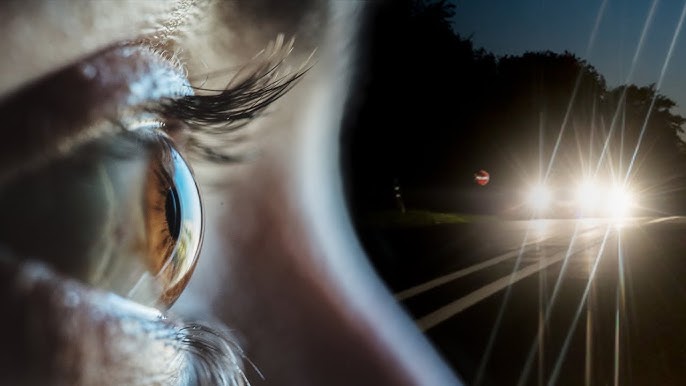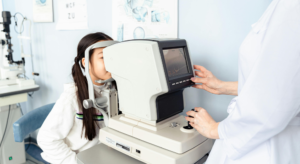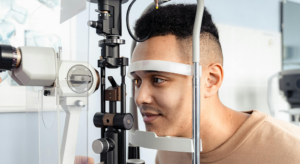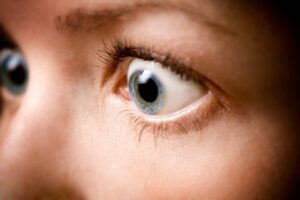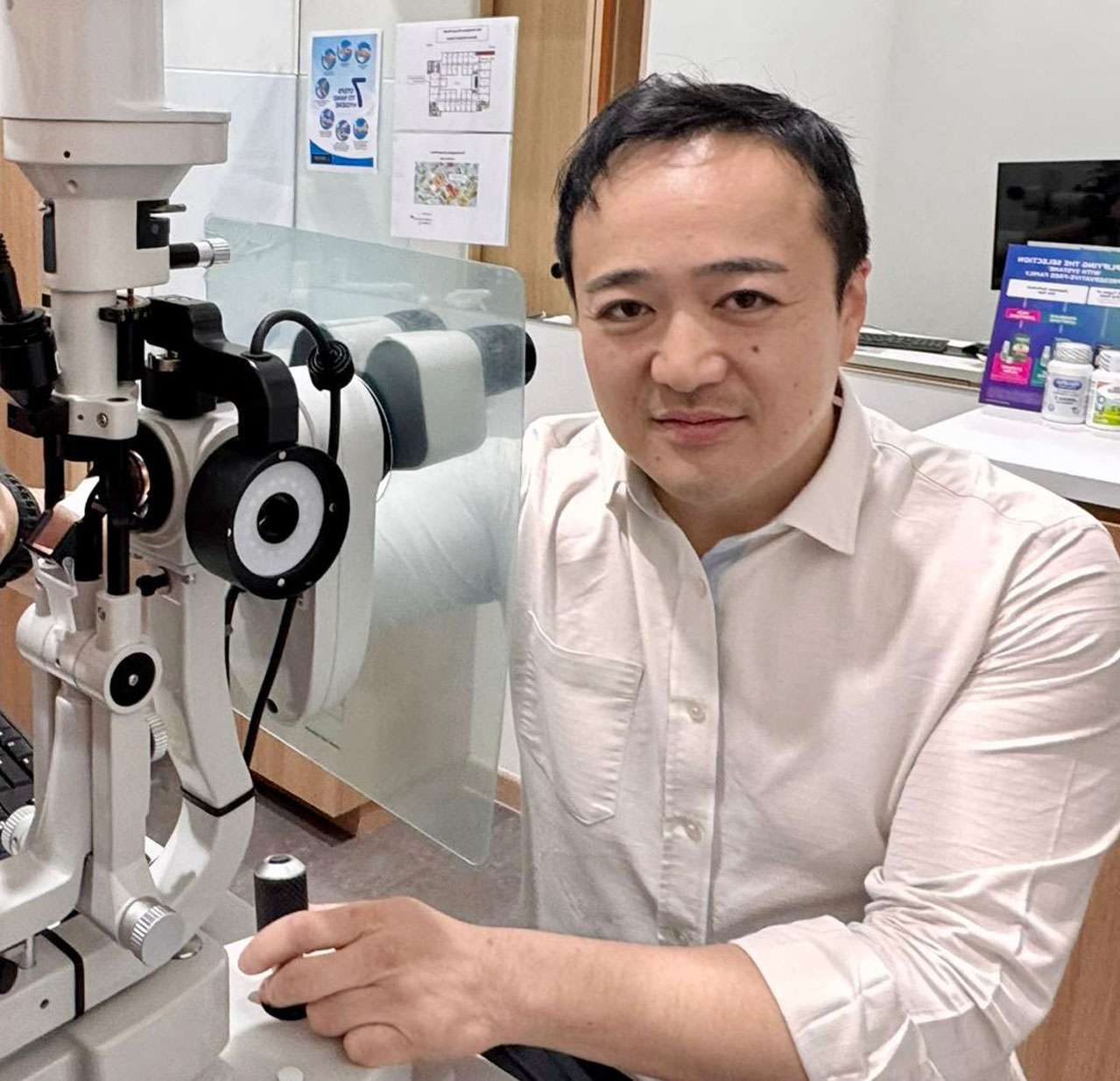Key Takeaways
- Night blindness (nyctalopia) is a symptom, not a disease on its own.
- Common causes include vitamin A deficiency, cataracts, glaucoma, and retinal conditions.
- Symptoms often show up as difficulty seeing in low light or driving at night.
- An eye examination can help identify the underlying cause.
- Management depends on the cause, ranging from nutritional support to cataract surgery or retinal care.
Most of us take it for granted that our eyes adjust easily from bright sunlight to dim evening light. But for some people, this transition is not so smooth. They may notice difficulty seeing in low light or when driving at night, a condition often described as night blindness, or nyctalopia.
What Is Night Blindness?
Night blindness is not a disease by itself. Instead, it is a symptom of an underlying eye condition that affects how the retina (the light-sensitive layer at the back of the eye) adapts to darkness. People with night blindness may find it hard to see in dimly lit rooms, outdoors at dusk, or while driving at night.
Common Causes
Several eye conditions can lead to night blindness, including:
- Vitamin A deficiency – Vitamin A plays a key role in helping the retina function properly. A lack of it can impair night vision.
- Cataracts – Clouding of the natural lens can make it harder to see in dim light.
- Retinitis pigmentosa – A group of inherited conditions that affect the retina and often cause progressive night vision loss.
- Glaucoma and glaucoma medications – Raised eye pressure or certain medications may reduce adaptation to the dark.
- Other retinal diseases – Such as age-related macular degeneration or diabetic retinopathy, which affect how light is processed by the retina.
Symptoms to Look Out For
People with night blindness may experience:
- Difficulty recognising faces or objects in dim light
- Trouble moving around in dark rooms
- Needing more time for their eyes to adjust after lights are turned off
- Challenges with driving at night due to glare and poor visibility
Diagnosis
An eye examination can help determine whether night blindness is related to conditions such as cataracts, retinal disease, or nutritional deficiency. Your eye specialist may use tests such as:
- Visual acuity tests to check clarity of vision
- Retinal examination to look for changes in the back of the eye
- Visual field testing to assess side vision
- Blood tests (in some cases) to rule out vitamin deficiencies
Treatment and Management
Treatment depends on the cause:
- Correcting a nutritional deficiency (with medical supervision) may improve symptoms.
- Prescription glasses or contact lenses can address refractive errors.
- Surgery for cataracts may restore clearer vision in low light.
- Ongoing management of retinal conditions, such as retinitis pigmentosa or diabetic retinopathy, can help preserve vision.
Since night blindness can affect safety, particularly while driving, it’s important to seek medical attention if you notice these symptoms.
Living With Night Blindness
While some causes are treatable, others require long-term monitoring and adaptation. Practical adjustments may include:
- Avoiding driving at night if vision is significantly impaired
- Using brighter lights indoors
- Allowing eyes extra time to adjust when moving from light to dark environments
When to See an Eye Specialist
If you notice increasing difficulty with night vision, schedule a consultation with an ophthalmologist. Early assessment can identify the underlying cause and guide the most appropriate management plan for your eyes.
Key Takeaways Recap
- Night blindness is a symptom of an underlying eye condition.
- Causes include vitamin A deficiency, cataracts, glaucoma, and retinal diseases.
- Symptoms may include poor night vision, glare sensitivity, or slow adjustment to darkness.
- Diagnosis involves an eye exam and sometimes blood tests.
- Treatment depends on the cause and may range from glasses to cataract surgery or retinal care.
If you’re experiencing difficulty seeing at night, consider booking an appointment with London Eye & Retina to discuss your symptoms and undergo a comprehensive eye examination.

